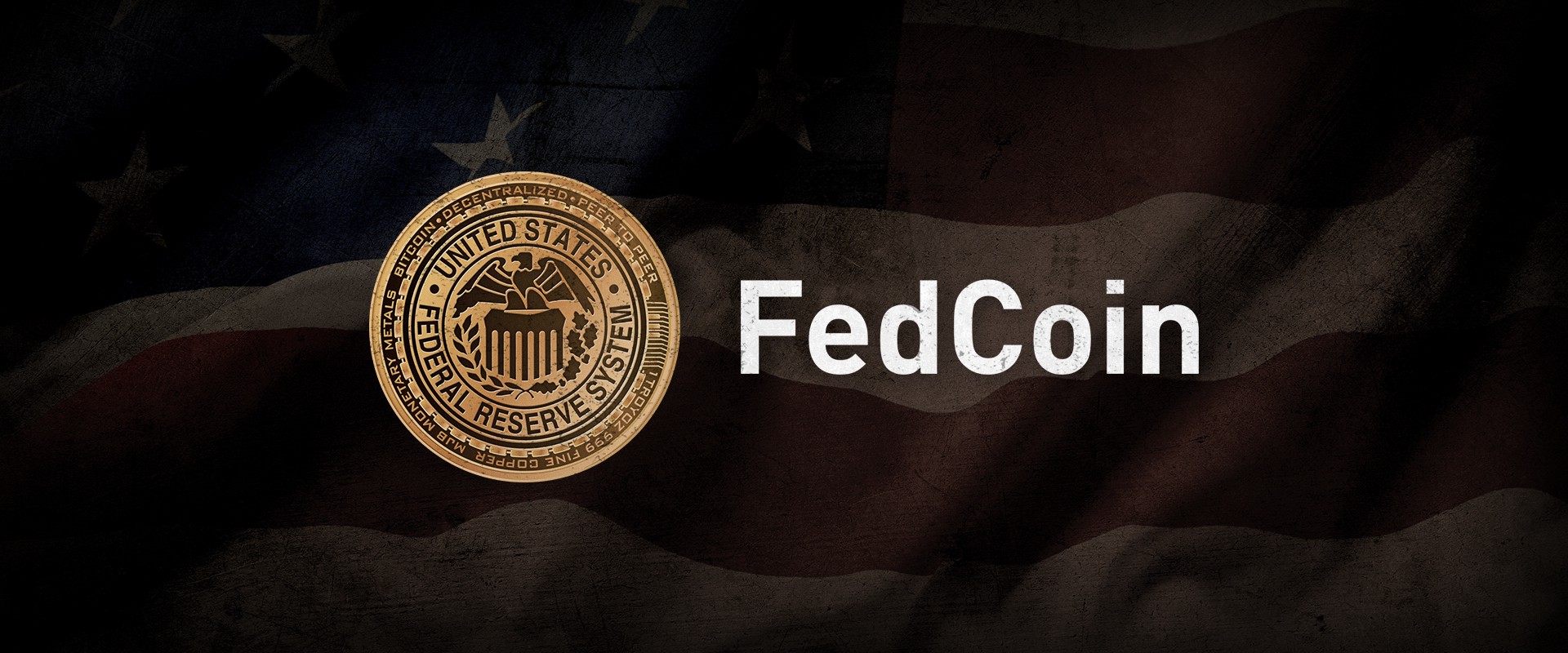PALO ALTO, Calif. (Reuters) - The Federal Reserve is taking a look at a broad variety of problems around digital payments and currencies, including policy, design and legal factors to consider around potentially issuing its own digital currency, Governor Lael Brainard said on Wednesday. Brainard's remarks recommend more openness to the possibility of a Fed-issued digital coin than in the past." By transforming payments, digitalization has the possible to deliver greater worth and benefit at lower expense," Brainard said at a conference on payments at the Stanford Graduate School of Company.
Reserve banks internationally are disputing how to manage digital financing technology and the dispersed ledger systems utilized by bitcoin, which promises near-instantaneous payment at possibly low cost. The Fed is establishing its own round-the-clock real-time payments and settlement service and is currently reviewing 200 remark letters sent late last year about the proposed service's design and scope, Brainard said.
Less than 2 years ago Brainard told a conference in San Francisco that there is "no compelling showed need" for such a coin. However that was prior to the scope of Facebook's digital currency aspirations were widely understood. Fed officials, consisting of Brainard, have raised issues about customer defenses and data and personal privacy risks that might be presented by a currency that might enter into use by the third of the world's population that have Facebook accounts.
" We are teaming up with other reserve banks as we advance our understanding of reserve bank digital currencies," she said. With more countries checking out providing their own digital currencies, Brainard stated, that includes to "a set of factors to likewise be making sure that we are that frontier of both research and policy development." In the United States, Brainard said, issues that need research study consist of whether a digital currency would make the payments system more secure or easier, and whether it could position financial stability threats, including the possibility of bank runs if cash can be turned "with a single swipe" into the main bank's digital currency.

To counter the financial damage from America's extraordinary nationwide lockdown, the Federal Reserve has actually taken extraordinary steps, consisting of flooding the economy with dollars and investing straight in the economy. Most of these relocations got grudging approval even from numerous Fed doubters, as they saw this stimulus as needed and something only the Fed might do.
My new CEI here report, "Government-Run Payment Systems Are Risky at Any Speed: The Case Versus Fedcoin and FedNow," information the risks of the Fed's existing plans for its FedNow real-time payment system, and propositions for central bank-issued cryptocurrency that have actually been dubbed Fedcoin or the "digital dollar." In my report, I talk about issues about personal privacy, information security, currency manipulation, and crowding out private-sector competition and development.
Proponents of FedNow and Fedcoin say the government should produce a system for payments to deposit instantly, rather than motivate such systems in the economic sector by lifting regulative barriers. But as kept in mind in the paper, the private sector is providing a relatively endless supply of payment technologies and digital currencies to fix the problemto the degree it is a problemof the time space between when a payment is sent and when it is gotten in a savings account.
And the examples of private-sector development in fed coin news this area are lots of. The Cleaning Home, a bank-held cooperative that has been routing interbank payments in various forms for more than fedcoin 2020 150 years, has been clearing real-time payments because 2017. By the end rafaeljhym944.iamarrows.com/a-digital-fedcoin-may-be-coming-and-it-would-be-terrifying of 2018 it was covering 50 percent of the deposit base in the U.S.